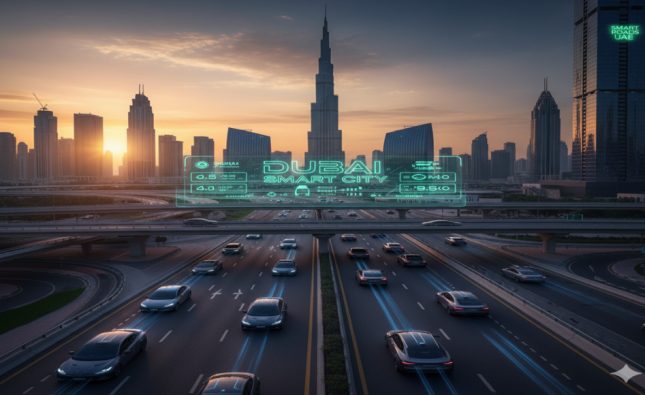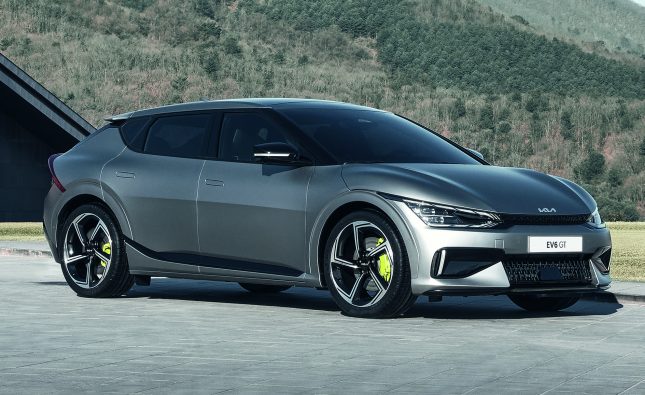
Introduction
China has taken a proactive step toward driving economic recovery by implementing a nationwide car purchase campaign following the upward trajectory of May sales. This strategic initiative aims to stimulate consumer demand, boost economic growth, and provide vital support to the automotive industry. In this article, we delve into the details of China’s car purchase campaign, explore the factors contributing to the increased sales in May, and examine the potential implications for the overall economic landscape.
The Nationwide Car Purchase Campaign
China’s nationwide car purchase campaign is a comprehensive effort to incentivize consumers to buy new vehicles through a series of measures and policies. Key features of the campaign include:
- Financial Incentives: The government has introduced subsidies, tax breaks, and favorable financing options to make car purchases more affordable for consumers. These financial incentives aim to lower the overall cost of ownership and spur demand in the automotive market.
- Trade-In Programs: The campaign incorporates trade-in programs to encourage consumers to replace their old vehicles with new ones. By offering additional incentives for trade-ins, the campaign promotes the renewal of the automotive fleet and supports the adoption of cleaner and more efficient vehicles.
- Infrastructure Development: Recognizing the importance of a robust charging infrastructure for electric vehicles (EVs), the campaign focuses on expanding and improving the network of charging stations across the country. This infrastructure development is vital for accelerating the transition to sustainable transportation and promoting the widespread adoption of EVs.
Positive Growth in May Sales: Factors at Play
The implementation of the nationwide car purchase campaign aligns with the notable increase in automotive sales, particularly during the month of May. Several factors have contributed to this positive growth:
- Economic Rebound: China’s economy has been experiencing a steady recovery, with increased consumer confidence and rising disposable incomes. As the economy strengthens, consumers are more willing to make significant purchases, such as buying a new car.
- Pent-Up Demand: The easing of COVID-19 restrictions and the gradual return to normalcy have unleashed pent-up demand in the automotive market. Consumers who postponed their vehicle purchases during the pandemic are now entering the market, driving up sales figures.
- Product Innovations: Automakers have been introducing new models equipped with advanced features, cutting-edge technology, and improved safety standards. These appealing product offerings have generated heightened interest among consumers, prompting them to consider purchasing new vehicles.
Implications for Economic Recovery
The nationwide car purchase campaign and the positive growth in May sales carry significant implications for economic recovery:
- Stimulating Economic Growth: The campaign is expected to stimulate consumer spending and boost economic growth. Increased car sales will have a multiplier effect on various sectors, including manufacturing, retail, and transportation, contributing to job creation and overall economic expansion.
- Promoting Sustainable Mobility: The campaign’s focus on trade-in programs and infrastructure development for EVs underscores China’s commitment to promoting sustainable transportation. By encouraging the adoption of cleaner vehicles and expanding the charging infrastructure, the campaign supports the country’s environmental objectives.
- Revitalizing the Automotive Industry: The combination of the nationwide car purchase campaign and the recovering economy provides a much-needed boost to the automotive industry. Increased sales and consumer confidence will help rejuvenate the sector, leading to increased production, investments, and innovation.
Conclusion
China’s implementation of a nationwide car purchase campaign, alongside the positive growth in May sales, demonstrates a proactive approach to driving economic recovery. By incentivizing car purchases, promoting sustainable mobility, and revitalizing the automotive industry, China aims to propel economic growth and position itself as a leader in the global automotive market.










